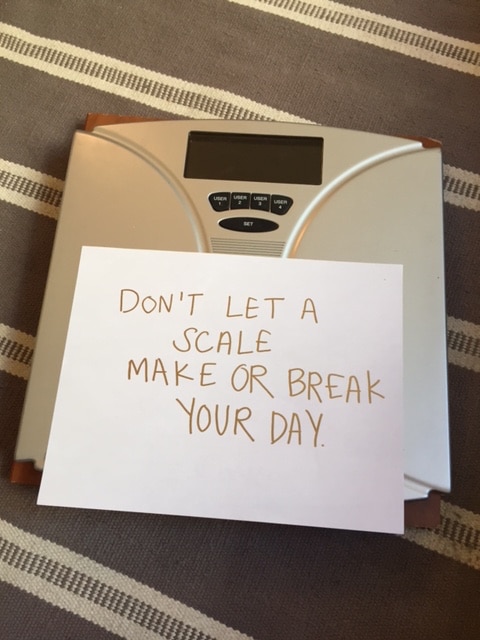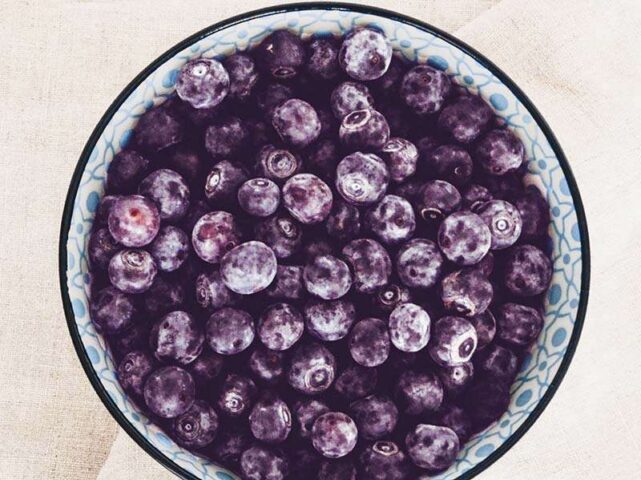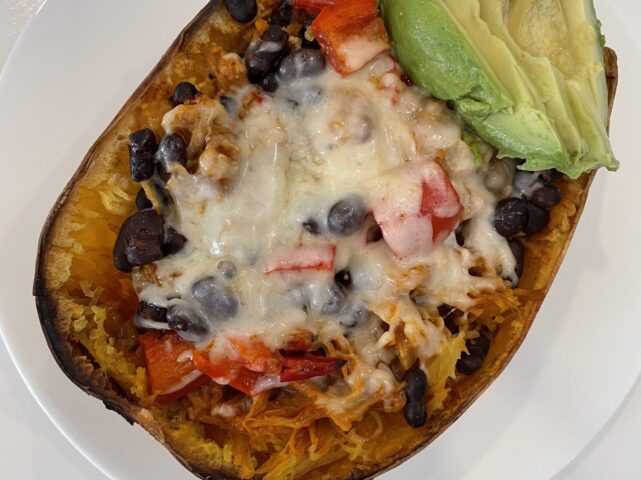Navigating Social Media with Body Positivity

by Laura Cipullo and the Whole Nutrition Services Team
There are many positive aspects to social media — making new friends, expanding community, learning about subjects you care about, and getting various perspectives on the news. But unfortunately, as most of us are aware by now, there is a darker side. Every day there seems to be another story about online harassment. The most high-profile social media news recently involved Lindy West. On January 3, the body-positive activist quit Twitter, disgusted with the platform’s inability to control its abusive members.
So yes, social media can be harmful, whether you are in recovery for an eating disorder or simply trying to feel better about your body, but that doesn’t mean you have to avoid it. There are ways to make Twitter, Facebook and Instagram more positive. Below, I offer some suggestions.
-
Secure your accounts.
You can make accounts on Twitter, Facebook and Instagram private, meaning you approve who follows you, and no strangers will be able to comment. This easy action will eliminate “trolls” (abusive commenters) and just generally protect your security when you are online. It is also a bright idea if you have children or teens who use social media.
-
Know your hashtags.
If you’re new to social media, you may be confused about what hashtags are. They are ways to organize information. You will see this sign – # – followed by a phrase or a word. To see body-positive accounts, images, comments and news on Instagram and Twitter, look up hashtags like #effyourbodystandards, #bopo, #haes (health at every size), #riotsnotdiets and #bodypositivity.
-
Block when you need to.
If someone is harassing you online, you can block and even report them. If someone is being a persistent enough troll, they can lose their access to Twitter entirely, as happened to Milo Yiannopoulos, the man who waged a harassment campaign against SNL actress Leslie Jones.
-
It’s ok to take a break.
You’ll find most people on social media tweet or post often, but when it comes to social media, there are no rules. A social media break can be good for your mental health. It can certainly help you be more mindful! Simply announce you are taking a break, and when you expect to come back, so your followers are not left in the lurch.
-
You don’t have to overshare.
People tend to overshare online, but you don’t have to. You don’t need to post pictures of yourself, if you aren’t comfortable with that, and you don’t have to talk about the innermost details of your life. Oversharing can invite trolls or unwanted opinions, and may work against you with a future employer. Social media is like a good acquaintance — but not like your very best friend or family member that you tell everything to.
-
Make use of lists.
Twitter has a list function that allows you to group social media accounts based on subject. So you can have a list of body-positive folks, news about fashion, recipes, etc. Doing this makes Twitter less of a mess to wade through, and allows you to control what type of news you get and when you want to get it.
-
Reach out.
One of the best parts of Twitter is being able to talk to others. So if someone is tweeting about a subject important to you, you might want to reach out to them to keep the conversation going. By doing this, you’ll connect with like-minded folks who care about the same issues you do.
-
Remember, you control who you follow.
When you start out on social media, follow the people you know in real life — plus publications and organizations you trust. Avoid those who post selfies of their “perfect” bodies (including celebrities like the Kardashians) or magazines that feature unrealistic diet stories (like advice on how to get that “bikini body in one month”). So many women’s and health magazines promote unrealistic body standards, so you have to be careful about who you let into your feed. Look at the L’ifestyle blog post on five magazines that won’t make you feel bad — all of these publications (except for MORE, which is now out of business) have social media accounts.
 Also, many women’s magazines frequently do round-ups of body-positive Instagram accounts to follow. @NicoletteMason is one of the more well-known Instagram bo-po stars and a top fashion writer, while @mynameisjessamyn is great if you need some yoga inspiration.
Also, many women’s magazines frequently do round-ups of body-positive Instagram accounts to follow. @NicoletteMason is one of the more well-known Instagram bo-po stars and a top fashion writer, while @mynameisjessamyn is great if you need some yoga inspiration.
I follow over 2,000 people on Twitter, and I try to focus on those with body-positive attitudes. My suggestions — straight from that list — include @FoodPsychPod, body-positive author @LesleyKinzel, @DrJennyThomas of Harvard, and Endangered Bodies NYC @EndgrdBodiesNYC. Click on “following” on my Twitter profile, for more of who I follow. I am at @LauraCipullo on Twitter and Instagram, and Lisa Mikus, RD, my colleague, is at @LisaMikusRD on both platforms, and we are all on Instagram at @EatKaleandCupcakes and most recently, @LifestyleLoungeNJ.
Hopefully, these tips will help you create a more body-positive feed. I would love to hear from you — on social media, of course — if you’ve found the article helpful. And feel free to let me know of other suggestions you have that I haven’t covered here.
Here’s to a more body-positive 2017!







